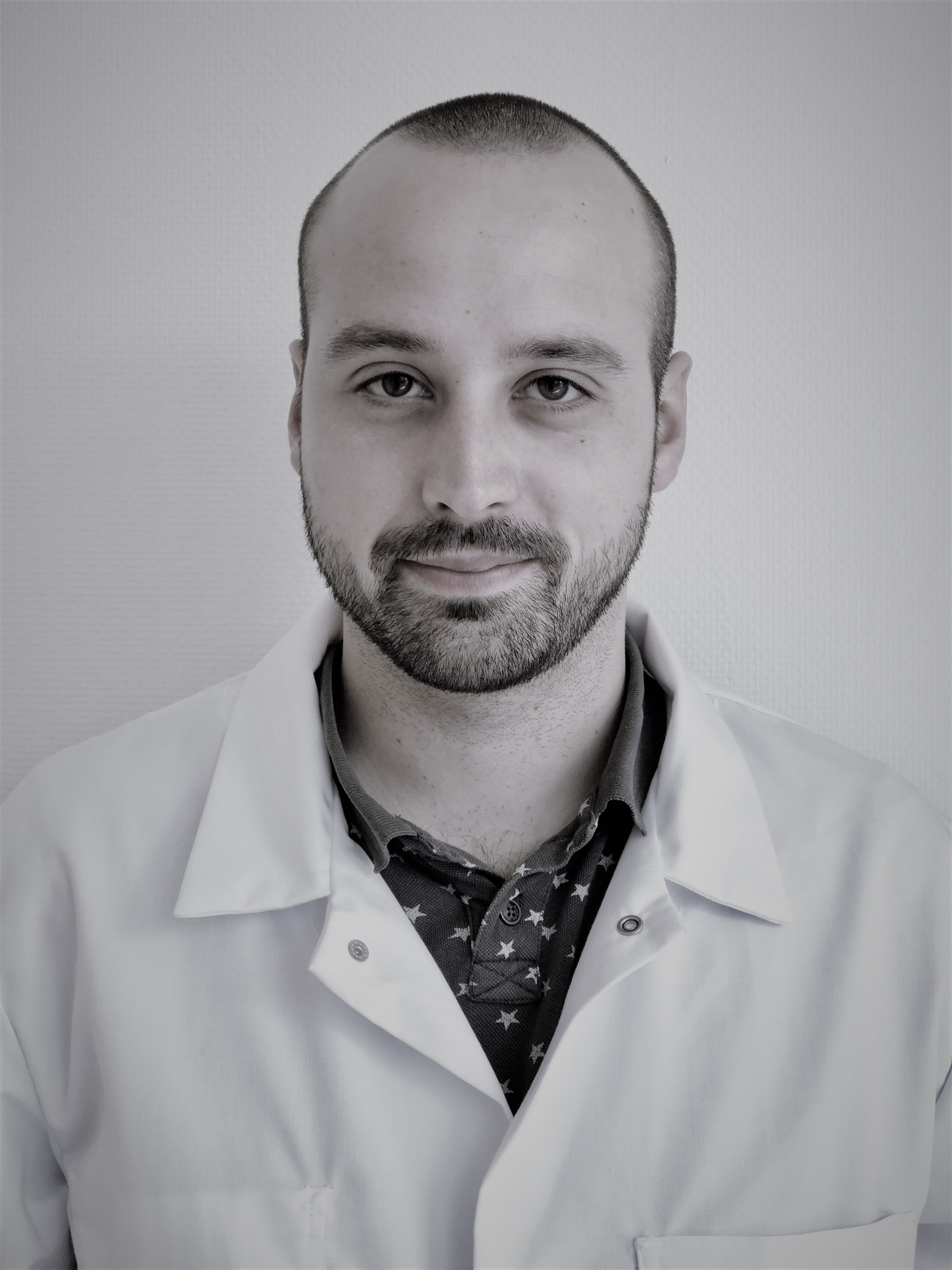


By YONI BAERT
Colin Duncan is a
When and why did you decide to work in the field of reproduction and
fertility?
“When I went to medical school I had a vague notion that being a forensic pathologist would be interesting so I did a BSc in pathology. That taught me two things: I didn’t want to be a forensic pathologist and I loved laboratory research. When I had my undergraduate attachment to obstetrics and gynaecology my subject choice was clear. With regards to reproduction and fertility it was largely down to interacting with scientists in the MRC Reproductive Biology Unit in Edinburgh when working as a trainee obstetrician and gynaecologist. They enthused me and supported me to get a Wellcome Trust Fellowship for postgraduate research on molecular regulation of tissue and vascular remodelling in the human ovary. I’ve never looked back!”
Can you name the greatest success(es) in your career?
“I remember looking down the microscope at in situ hybridisation slides during my postgraduate research and understanding a real scientific puzzle for the first time. That excitement of knowing something no one else is aware of was such a high. I thought I’d peaked scientifically and I hadn’t even started writing my thesis! Then my first PhD student showed me data that explained another conundrum and it was even better. I thought I’d peaked! Then the next student produced really exciting data that was better still, the next did exactly the same, and my most recent completed PhD student, who completed her thesis last year produced incredible data that excites me so much I’m hoping to translate it into a new treatment in women. I thought I’d peaked. Today my current PhD student showed me data to suggest she’s developed a pregnancy test for Pandas. I think all my greatest successes involve developing the students I’ve worked with and any plaudits I achieve is because of them.”
Can you name a moment of failure (and which lessons you learned from it)?
“Last year I wrote the best research grant I’ve ever written and on review it scored the best marks I’ve ever received. That feeling when it didn’t get funded, when grants I’m less proud of were, was certainly a real feeling of failure and meant I hadn’t funding to continue to support an excellent research assistant. I think the lesson learnt is that it is really important to run research ideas past scientists that are not experts in your field as they will have generic insights that are very valuable.”
Which advice would you give young researchers?
“Last year I wrote the best research grant I’ve ever written and on review it scored the best marks I’ve ever received. That feeling when it didn’t get funded, when grants I’m less proud of were, was certainly a real feeling of failure and meant I hadn’t funding to continue to support an excellent research assistant. I think the lesson learnt is that it is really important to run research ideas past scientists that are not experts in your field as they will have generic insights that are very valuable.”
As a specialist in ovarian physiology, what do you think about collaborative work between researchers in male and female fertility fields? What works well and what could be improved?
“When I’m lecturing medical students I use very deconstructed diagrams to highlight the marked similarities between male and female gonadal function. While subject specific workshops are great nothing beats bigger conferences where a wide range of researchers get together. In a time when funding for reproductive and fertility research is becoming harder to come by and there are less research groups in the field it is important that we pull together. There are good conferences where this happens. However, because funding is very tight and many research panels do not have reproductive biologists represented, we sometimes have a tendency of being more critical on research grant reviews that scientists in other disciplines. We should do more to support good science in male and female fertility as well as improve international research networks.”
